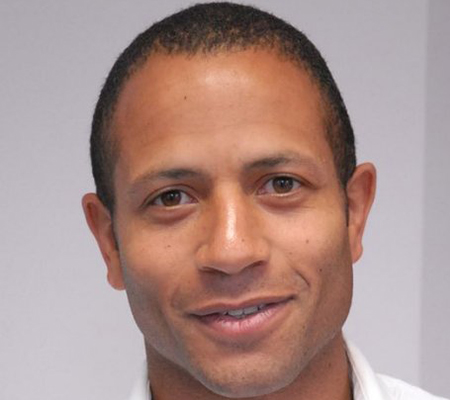By JJ Amaworo Wilson
Stephen Greenblatt’s new book, Tyrant: Shakespeare on Power, is a timely tome. As Greenblatt well knows, we’re living in an age of ruthless strongmen. The world’s recent and lamentable swing to the right is embodied by all-powerful authoritarians. Here’s the cast list:
Nicolás Maduro (Venezuela) – presiding over an avoidable domestic catastrophe, a post-apocalyptic hellscape involving food shortages, street gangs, and a completely collapsed infrastructure. He was supposedly reelected in 2018 with 68% of the vote (pigs were seen flying over Caracas the day the result was announced).
Rodrigo Duterte (Philippines) – an old-fashioned caudillo (strong man) bulldozing his way through the edifice of human rights, unleashing dirty wars against his critics, not to mention defenseless farmers and peasant communities.
Vladimir Putin (Russia) – as Time Magazine puts it: “Putin, a 65-year-old man in a country with a male life expectancy of 64, embodies an image of Russian virility and swagger” – making Russia great again by meddling in foreign elections, annexing neighbors, and suppressing dissent at home.
Viktor Orbán (Hungary) – ultra-nationalist and promoter of “illiberal democracy,” closing borders to refugees in order to “preserve Hungary’s Christian culture.” You couldn’t make this stuff up. Does he know what Christianity is supposed to stand for?
Recep Tayyip Erdoğan (Turkey) – once the big hope for democracy in the region, turned authoritarian after a military coup in 2016 failed to oust him. He’s now cracking down on dissent by locking up journalists by the dozen.
Donald Trump (USA) – don’t know where to start.
Against this list, look at Shakespeare’s power-wielders: King Lear, unraveled by pride and the cruelty of his daughters Goneril and Regan. Macbeth, whose pursuit of power destroys him. Richard III, a man-become-murderer-become-monster, a psychotic so cynical and cruel that actor Antony Sher could think of no other way to play him than as a staggering black spider.
Shakespeare, according to Greenblatt, created these characters to illustrate what power does to men. It makes villains of us. It amplifies our faults. (There’s nothing wrong with being ambitious, like Macbeth, until you start killing people.) It corrupts our souls and eats away at our humanity. Macbeth sleeps no more after he gains the throne by murdering Duncan. For King Henry, “Uneasy lies the head that wears a crown” (King Henry IV Part 2).
Shakespeare understood power and tyranny better than any writer who’s ever lived. Greenblatt illustrates this superbly with vivid discussions of Lear, Coriolanus, Macbeth, Leontes, Richard III, and others. Besides his examination of the kings’ flaws, Greenblatt describes the role of “enablers.” These are the henchmen and sounding boards, opportunists and court lackeys who are in it for themselves, picking up whatever scraps they can.
The book also discusses the mob – the role of the public in the rise of a tyrant. When Greenblatt alludes to the masses who “take vicarious pleasure in the release of pent-up aggression, in the black humor of it all, in the open speaking of the unspeakable,” he may as well have written “the deplorables.”
If you want to understand today’s tyrants, read this book. Or better still, go back to the source, a 400-year-old vale of tears and soaring language that does not age. In Shakespeare’s tragedies, you’ll find everything you need to know about tyranny and power, because the bard – the great, mysterious poet of the human soul – knew it all.



